Industrial Water Purification Equipment: A Comprehensive Guide
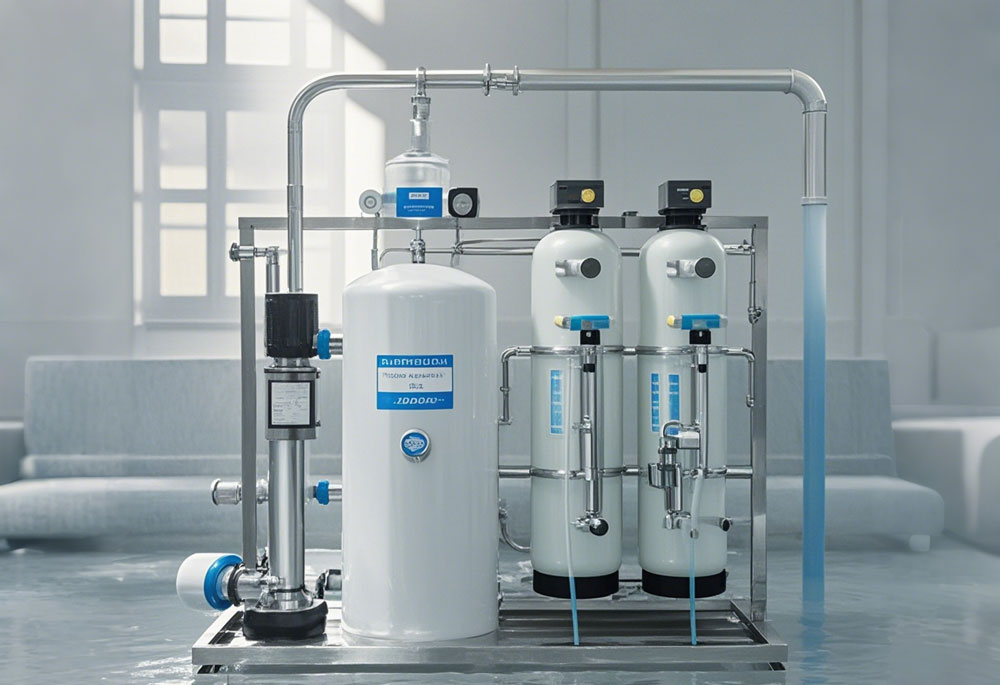
Water is a critical resource in any industrial setting, playing a vital role in processes ranging from cooling and heating to production and cleaning. However, the water used in these processes is rarely pure, often containing contaminants that can hinder operations, damage equipment, and affect product quality. This is where industrial water purification equipment comes into play. By removing impurities and ensuring water quality, these systems are essential for maintaining efficient and productive industrial operations. In this article, we will delve into the various types of industrial water purification equipment, their applications, and the benefits they offer.
Understanding Industrial Water Purification
Industrial water purification involves a series of processes designed to remove contaminants from water, making it suitable for specific industrial applications. The need for purified water varies across industries, including pharmaceuticals, food and beverage, chemical processing, and power generation. The primary goal is to achieve water quality that meets the requirements of the intended use, whether it’s for cooling, boiler feed, or direct incorporation into products.
Key Contaminants in Industrial Water
Industrial water can contain a wide range of contaminants, including:
- Dissolved Solids: Minerals like calcium, magnesium, and iron.
- Suspended Solids: Particles such as silt, sand, and organic matter.
- Microorganisms: Bacteria, viruses, and algae.
- Chemical Contaminants: Chlorine, heavy metals, and industrial chemicals.
Effective water purification systems must address these contaminants to ensure water suitability for industrial applications.
Types of Industrial Water Purification Equipment
There are several types of water purification equipment used in industrial settings, each designed to address specific contaminants and meet different water quality requirements. Here are some of the most common types:
1. Reverse Osmosis (RO) Systems
Reverse Osmosis is a widely used purification method that employs a semi-permeable membrane to remove dissolved solids, bacteria, and other impurities from water. RO systems are highly effective and can produce high-purity water suitable for various industrial applications.
Applications:
- Boiler feed water
- Cooling water
- Process water
- Ultrapure water for laboratories
Benefits:
- High removal efficiency for a wide range of contaminants
- Reduced operational costs with advanced membrane technology
- Consistent water quality
2. Activated Carbon Filters
Activated Carbon Filters use activated carbon to remove chlorine, organic contaminants, and odors from water. These filters are often used as a pre-treatment step in water purification systems.
Applications:
- Pre-treatment for RO systems
- Removal of chlorine and organic compounds
- Improving taste and odor in water
Benefits:
- Effective removal of chlorine and organic contaminants
- Enhances the performance of downstream purification processes
- Cost-effective and easy to maintain
3. Ion Exchange Systems
Ion Exchange Systems are used to remove dissolved ions, such as calcium and magnesium, from water. This process is essential for softening water and preventing scale formation in industrial equipment.
Applications:
- Water softening
- Deionization
- Removal of heavy metals
Benefits:
- Efficient removal of hardness ions
- Prevents scale buildup in boilers and heat exchangers
- Customizable to specific water quality requirements
4. Ultrafiltration (UF) Systems
Ultrafiltration employs membranes with very small pores to remove suspended solids, bacteria, and viruses from water. UF systems are often used as a pre-treatment step before reverse osmosis.
Applications:
- Pre-treatment for RO systems
- Removal of suspended solids and microorganisms
- Wastewater treatment
Benefits:
- High removal efficiency for suspended solids and pathogens
- Extends the lifespan of RO membranes
- Low energy consumption
5. UV Disinfection Systems
UV Disinfection uses ultraviolet light to inactivate microorganisms in water. This method is highly effective for microbial control and is often used in conjunction with other purification processes.
Applications:
- Microbial control in process water
- Disinfection of drinking water
- Pre-treatment for RO systems
Benefits:
- Effective inactivating a wide range of microorganisms
- Chemical-free disinfection
- Low maintenance requirements
6. Chemical Dosing Systems
Chemical Dosing Systems are used to add specific chemicals to water for purposes such as pH adjustment, coagulation, and disinfection. These systems are essential for achieving desired water quality in various industrial processes.
Applications:
- pH control in process water
- Coagulation and flocculation in water treatment
- Disinfection and oxidation
Benefits:
- Precise control of chemical dosing
- Enhances the effectiveness of other purification processes
- Customizable to specific water treatment needs
Advanced Industrial Water Purification Technologies
Recent advancements in water purification technology have led to the development of more efficient and sustainable systems. Here are some of the latest innovations:
1. Electro-Deionization (EDI)
Electro-Deionization combines ion exchange and electrical current to produce high-purity water without the need for chemical regeneration. This technology is ideal for applications requiring ultrapure water.
Applications:
- Ultrapure water for electronics and pharmaceuticals
- Boiler feed water
- Laboratory water
Benefits:
- Continuous production of high-purity water
- No chemical regeneration required
- Low operational costs
2. Membrane Bioreactors (MBR)
Membrane Bioreactors integrate biological treatment with membrane filtration to treat wastewater. This technology is highly effective for removing organic contaminants and producing high-quality effluent.
Applications:
- Wastewater treatment
- Reuse of treated water
- Industrial effluent treatment
Benefits:
- High removal efficiency for organic contaminants
- Compact and space-saving design
- Produces high-quality effluent suitable for reuse
3. Advanced Oxidation Processes (AOP)
Advanced Oxidation Processes use powerful oxidants, such as ozone and hydrogen peroxide, to degrade organic contaminants in water. AOPs are effective for treating recalcitrant compounds that are difficult to remove with conventional methods.
Applications:
- Treatment of industrial wastewater
- Removal of persistent organic pollutants
- Groundwater remediation
Benefits:
- Effective degradation of recalcitrant compounds
- Enhances the performance of downstream treatment processes
- Chemical-free treatment option
Choosing the Right Industrial Water Purification System
Selecting the appropriate water purification system for your industrial needs requires careful consideration of several factors:
1. Water Quality Requirements
Conduct a water quality analysis to determine the specific contaminants present in your water supply. This analysis will help you identify the most suitable purification technologies for your needs.
2. Application Requirements
Consider the specific requirements of your industrial processes, such as the desired water quality, flow rate, and operational conditions. Different applications may require different levels of water purity and treatment methods.
3. System Capacity
Evaluate the capacity of the purification system to ensure it can handle the volume of water required for your operations. Consider both current and future water demand to avoid under-sizing or over-sizing the system.
4. Maintenance and Operational Costs
Assess the maintenance requirements and operational costs of the purification system. Choose a system that offers a balance between performance, reliability, and cost-effectiveness.
5. Regulatory Compliance
Ensure that the chosen purification system meets relevant regulatory standards and guidelines for water quality in your industry. Compliance with regulations is essential for maintaining operational permits and ensuring product quality.
Benefits of Industrial Water Purification Equipment
Investing in high-quality industrial water purification equipment offers several benefits:
1. Improved Product Quality
Purified water is essential for maintaining the quality of products in industries such as pharmaceuticals, food and beverage, and electronics. High-quality water ensures that products meet stringent quality standards.
2. Enhanced Equipment Longevity
Removing contaminants from water helps prevent scale buildup, corrosion, and fouling in industrial equipment. This extends the lifespan of equipment and reduces maintenance costs.
3. Increased Operational Efficiency
Consistent water quality ensures efficient operation of industrial processes, reducing downtime and improving productivity. Reliable water purification systems help maintain optimal performance.
4. Environmental Compliance
Proper treatment of industrial water and wastewater helps industries comply with environmental regulations and reduce their environmental footprint. This is essential for sustainable operations and corporate responsibility.
5. Cost Savings
Efficient water purification systems reduce the need for chemical additives, lower maintenance costs, and minimize water consumption. This leads to significant cost savings over time.
Frequently Asked Questions (FAQs)
1. What is the main purpose of industrial water purification?
Industrial water purification aims to remove contaminants from water to make it suitable for specific industrial processes, ensuring the protection of equipment, enhancing product quality, and meeting regulatory standards.
2. What types of contaminants are removed during industrial water purification?
Common contaminants include dissolved solids, suspended solids, microorganisms (such as bacteria and viruses), and chemical contaminants like chlorine and heavy metals.
3. Which industrial processes use purified water?
Purified water is used in a wide range of processes including boiler feed, cooling systems, food and beverage production, pharmaceuticals, electronics manufacturing, and wastewater treatment.
4. How do reverse osmosis systems work?
Reverse osmosis systems use a semi-permeable membrane to remove dissolved solids and impurities from water. The water is forced through the membrane, allowing only pure water to pass through while rejecting contaminants.
5. What are the benefits of using UV disinfection systems?
UV disinfection systems effectively inactivate microorganisms in water without the use of chemicals. This method is environmentally friendly, requires low maintenance, and is highly effective for microbial control.
6. How do I choose the right water purification system for my business?
Consider factors such as the quality of the water source, your specific application requirements, system capacity, maintenance costs, and regulatory compliance when selecting a water purification system.
Conclusion
Industrial water purification equipment plays a crucial role in ensuring the quality and efficiency of industrial processes. By removing contaminants and providing high-purity water, these systems help industries maintain product quality, protect equipment, and comply with environmental regulations. Whether you need reverse osmosis systems, activated carbon filters, or advanced oxidation processes, there are a variety of technologies available to meet your specific needs. Investing in the right water purification equipment will not only enhance your operations but also contribute to a more sustainable and cost-effective industrial environment.
Must-Read Blogs For Chain Restaurants Owner

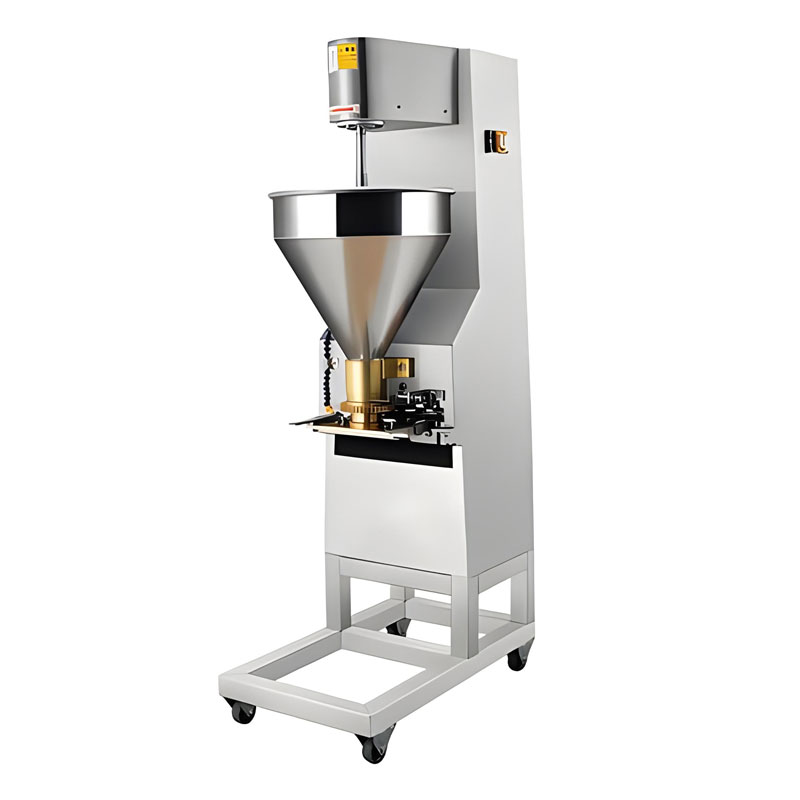
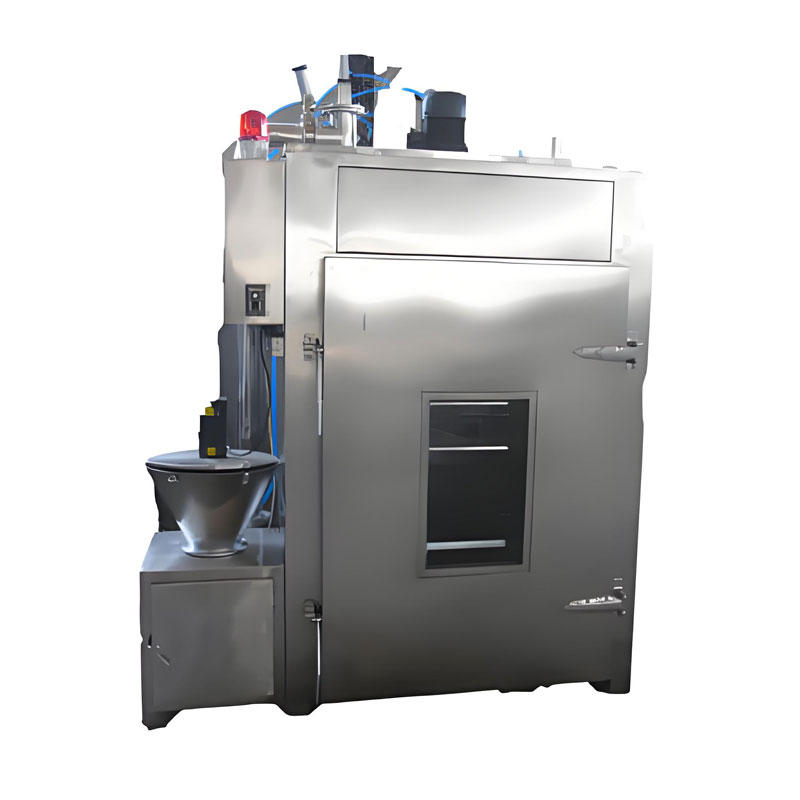
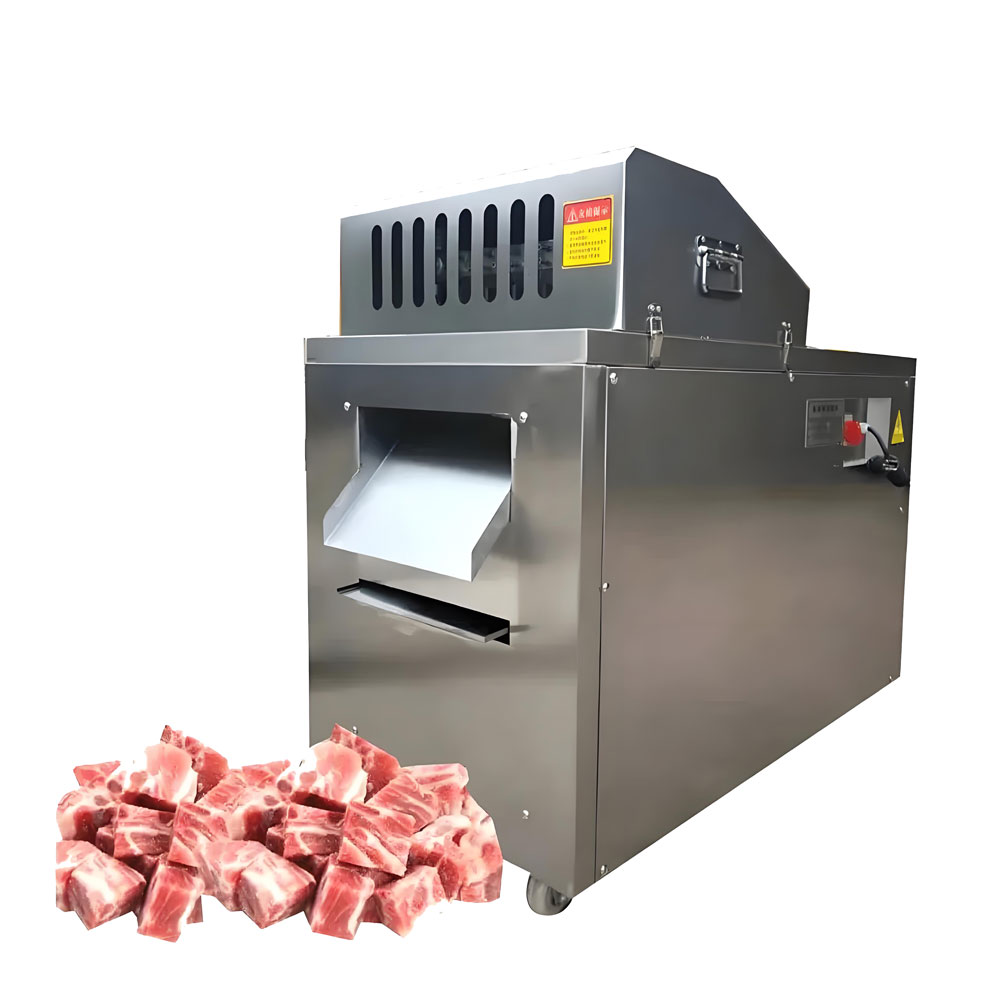
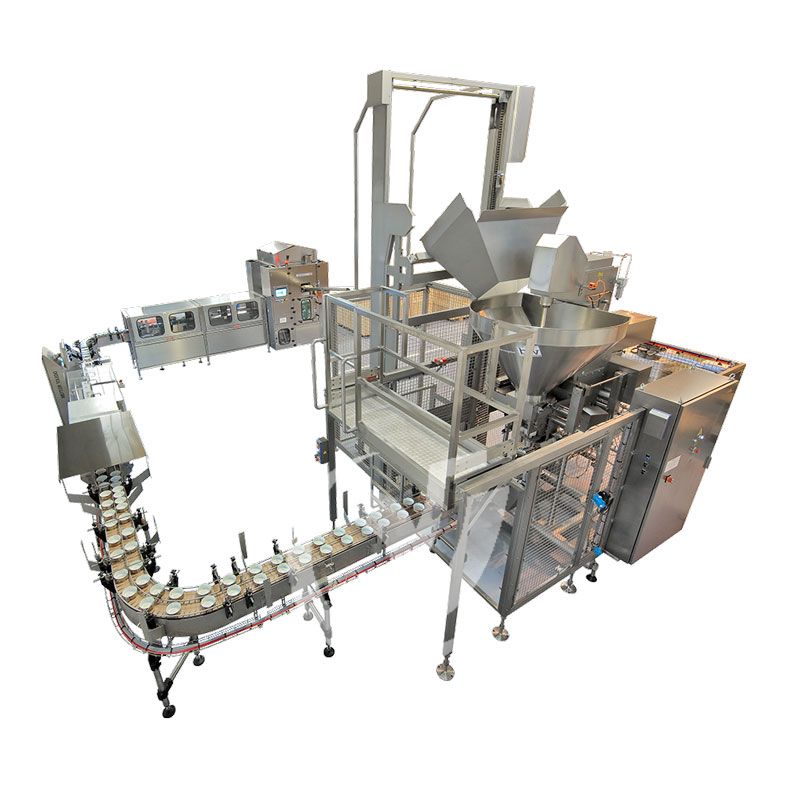

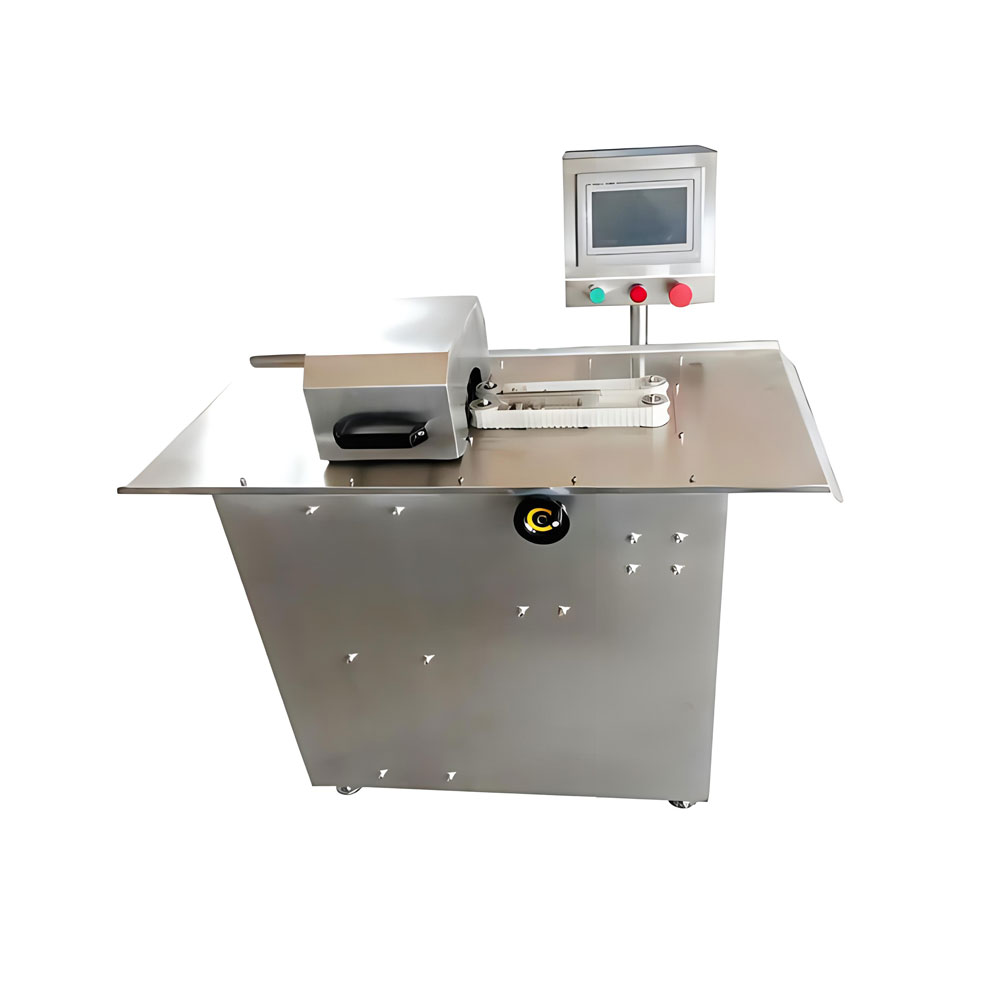
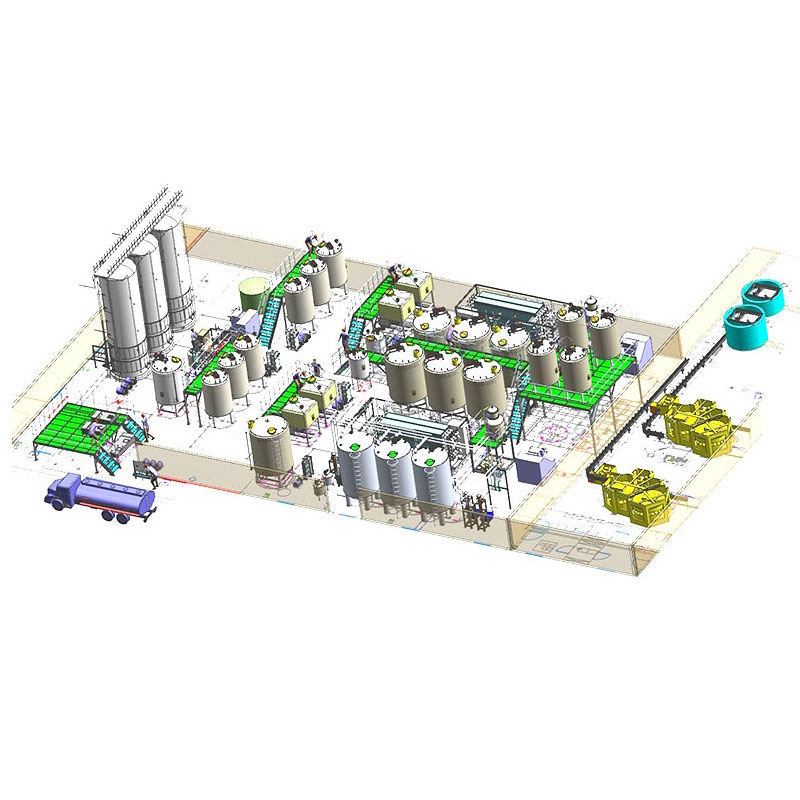
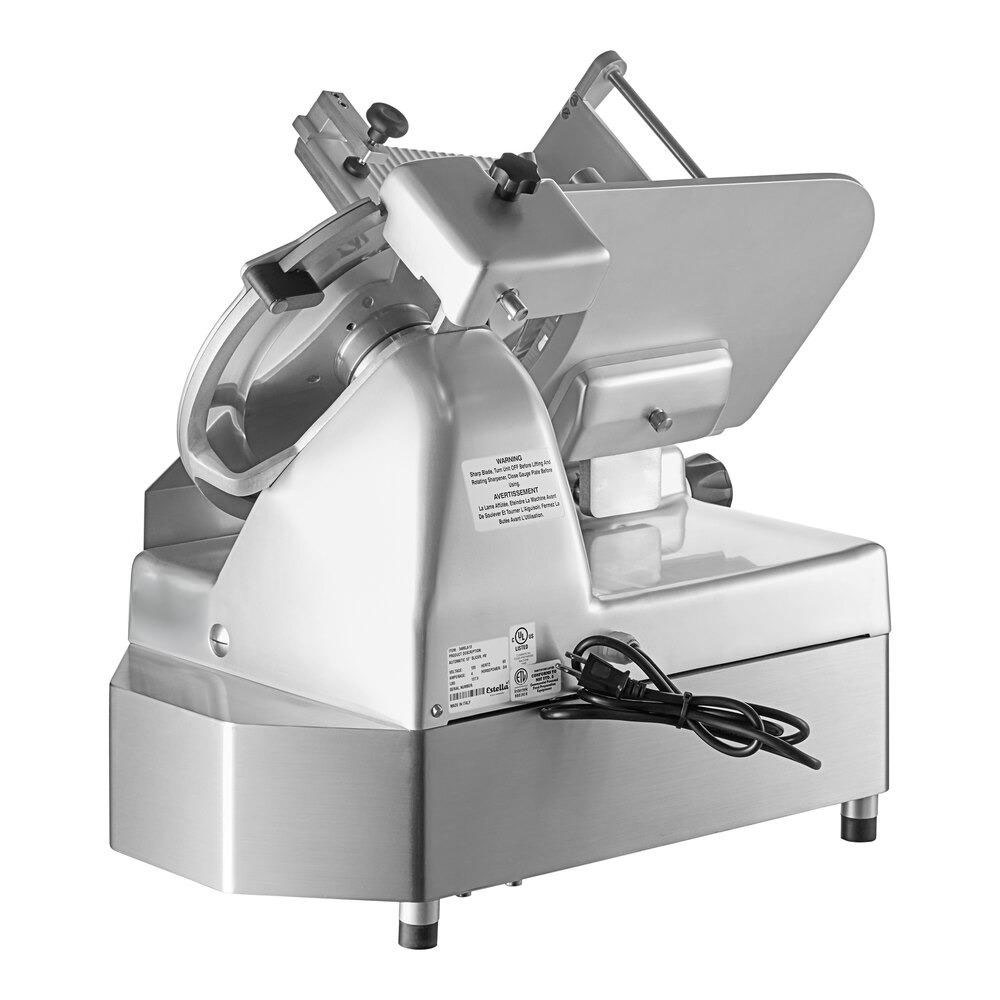
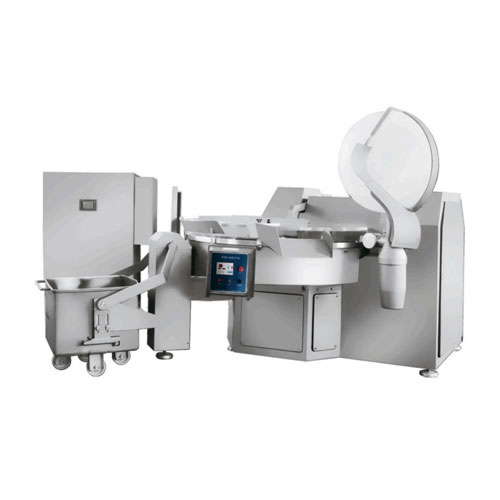
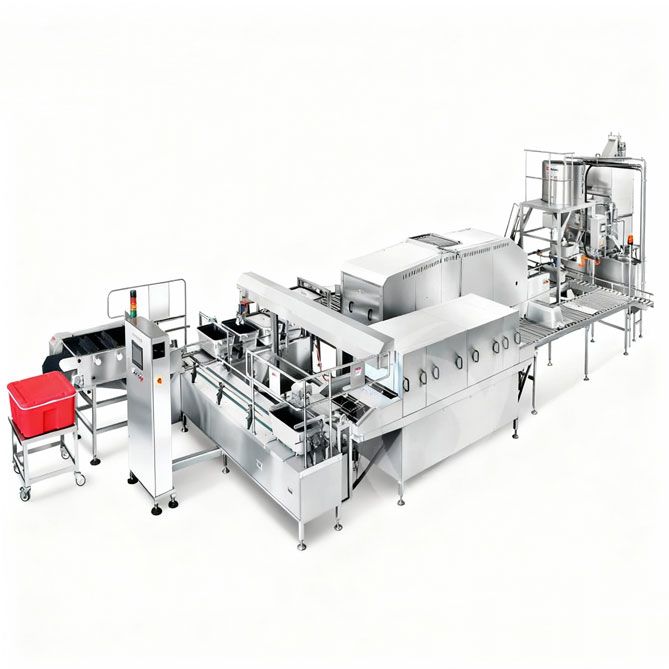
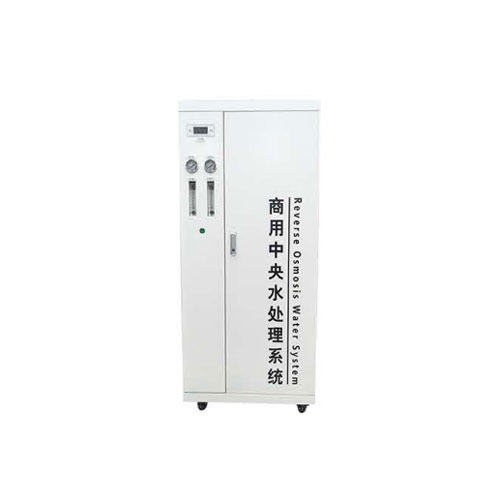 YL-W-06 Commercial Water Purification Equipment
YL-W-06 Commercial Water Purification Equipment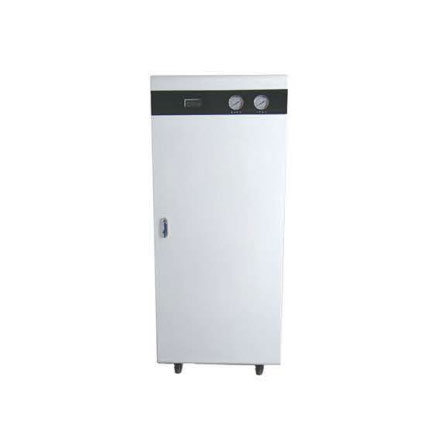 YL-W-05 Commercial Water Purification Equipment
YL-W-05 Commercial Water Purification Equipment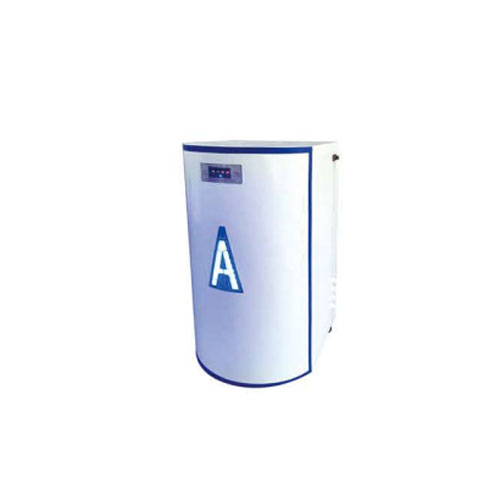 YL-W-04 Commercial Water Purification Equipment
YL-W-04 Commercial Water Purification Equipment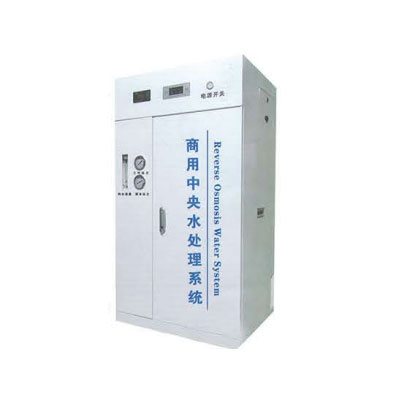 YL-W-03 Commercial Water Purification Equipment
YL-W-03 Commercial Water Purification Equipment
Ready to Get Started?